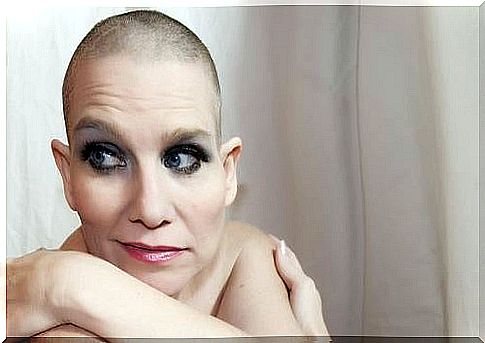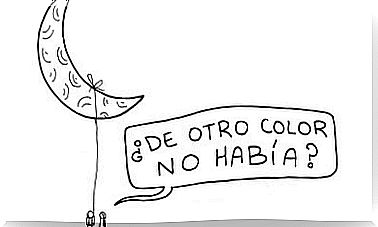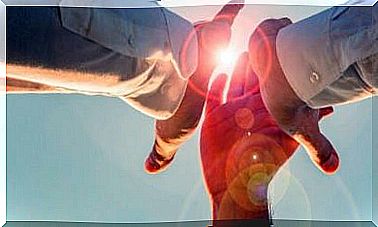Coping With Cancer

A cancer diagnosis has a great psychological impact on the person who suffers it and on everyone around them. It is a serious disease that usually has an unpredictable development. Sometimes, there are very serious cases that finally culminate successfully; at other times the disease is not advanced, but is reluctant to treatment and progresses until it culminates in death.
Cancer has been increasing throughout the world. In fact, the World Health Organization (WHO) has warned that it will grow by something like 57% in the coming years. From 14 million diagnoses that occur in the world today, we will go to 22 million in 2030. So this will be a problem that many people, and many families, will have to face.
The impact of the diagnosis
The diagnosis alone causes a first crisis in the patient and his environment. The person suffering from the disease will go through an initial stupor. During this stage, the patient, and his family, may refuse to accept the medical opinion. They will seek second opinions, or try to carry out new tests, which, in any case, is recommended.
It must be taken into account that the diagnosis is not always communicated to the patient directly. Most of the time it is your children, your spouse or your parents who get the news. Most doctors prefer to inform the family first, as a protective measure for the patient. They intend that when he knows he will have a favorable environment to cope with his new condition.
There is great controversy on this point. In some cases, when the family and relatives live in healthy contexts, it is a wise decision. But if, on the contrary, the family environment is dysfunctional, the situation can become even more complicated. In addition, there are those who advocate total autonomy for the patient from the first moment. But again in this case, everything is relative. If the patient is a fragile and dependent person, the diagnosis can alter him excessively. The truth is that doctors do not usually have time to evaluate all these variables and therefore the factor of how and to whom the news is given is quite random.
The point to note is that, whatever the case, a cancer diagnosis is very shocking. It is always surprising and traumatic news. Faced with this, there are only two lines of conduct: try to remain calm and obtain as much information as possible.
What’s Next After Diagnosis
There is never enough to have a second opinion. There is always a percentage, although very low, of misdiagnoses. Personally, I know a case of someone who even had a mastectomy, without having the disease; and another in which it was discarded after two biopsies, until it was detected in a third.
When the diagnosis is certain, it is important that the doctor clearly explains to the patient and his family what type of cancer it is, what treatment alternatives exist and what the prognosis is. This last piece of information is always a conjecture, a probabilistic deduction, never an exact reference. It is also essential that you ask for nutritional information, parameters for the diet and that the symptoms and warning signs are explained to you.
Cancer is generally the result of an improper lifestyle. So surely you will have to make adjustments in your routine and focus all your energy on taking care of yourself, following the doctors’ instructions. More than ever, it is now important to protect yourself emotionally. Get away from conflict situations and seek support to cope with your mood swings. You can formulate your own strategies to handle the situation, but it is advisable to go to a specialist or a self-help group.
The family is also a crucial part of the process, and you will also need psychological support to add, rather than subtract, during recovery. The best thing is to go to the frank dialogue; that each one define what they can do and what not; that the support tasks are distributed and avoid the incessant gossip on the subject. If each is well, they will be able to help more effectively.
There are currently great possibilities of successfully fighting cancer.
Image courtesy of bitca.









